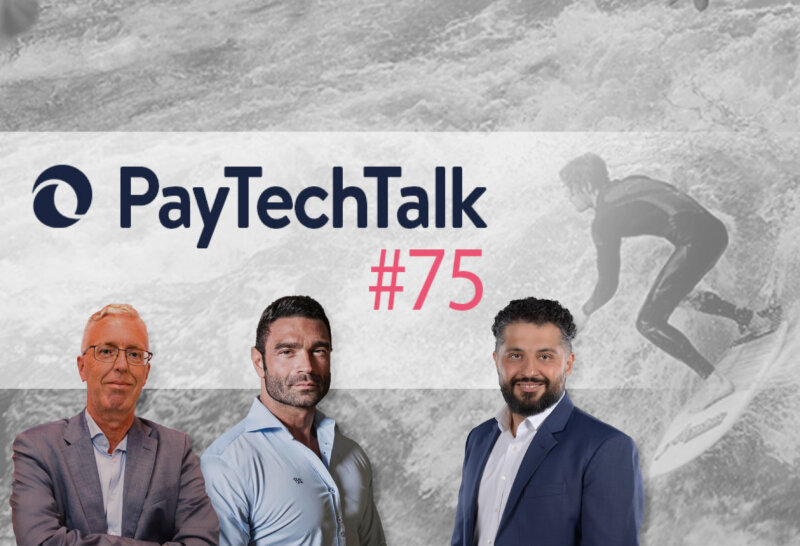With its research project on a “digital euro”, the Eurosystem set the starting signal for a broad discussion on the possible introduction and design of digital central bank money (often referred to as Central Bank Digital Currency or CBDC). In this context, the crypto-phenomenon of Stablecoins has once again become the focus of discussion among enthusiasts and sceptics of virtual currencies.
Alireza Siadat, Henri de Jong (Chief Business Development Officer at Quantoz) and Gökhan Nazenin (Vice President Sales Europe at FIS) discuss the future and use cases of Stablecoins, CBDCs and their advantages and disadvantages from an economic as well as legal perspective in episode #75 of PayTechTalk-Podcast.
Particular attention is paid to the different technical forms that Stablecoins can take, depending on whether they are so-called asset-backed Stablecoins or algorithmic Stablecoins, and what interest investors might have in these cryptoassets. In this context, there is also the question of the legal classification of Stablecoins in the light of the current regulatory framework and a forecast of future handling with a view to a forthcoming harmonisation at European level through the Markets in Crypto-Assets Regulation (MiCAR). On a national level, certain crypto-assets have already been covered by the law in Germany since 2014. For example, Bitcoin is treated as a unit of account within the meaning of the German Banking Act (KWG). However, if a token can be classified as an e-money token due to its design, it would fall under the E-Money Directive’s regulation, unless one of the exceptions (limited range/limited network) applies.
Against the background of the expected European regulation, the question of cross-border possibilities of use of Stablecoins also arises, provided that these are not issued within the geographical scope of the regulations; how will these be treated by MiCAR and are so-called “acceptance regimes” to be expected between the EU and other jurisdictions? What advantages can crypto assets such as Stablecoins have for regulators? This and many other interesting insights await you in episode 75 of the PayTechTalk podcast.
Gökhan Nazenin
- Vice President Europe at FIS
- LinkedIn profile: Gökhan Nazenin
About FIS
FIS is a leading global provider of financial technology with a focus on retail banking, institutional banking, treasury and payments, asset management, wealth management, risk management and compliance, professional, hosting and cloud services. The breadth and depth of its portfolio and associated global expertise and underlying capabilities were further enhanced through the acquisition of SunGard in November 2015: Today, FIS employs more than 55,000 people serving more than 20,000 clients in over 130 countries worldwide. For more information about FIS, visit http://www.fisglobal.com.
Henri de Jong
- Chief Business Development Officer at Quantoz
- LinkedIn profile: Henri de Jong
About Quantoz
Quantoz Blockchain Technology is behind the multiple award-winning financial gateways NEXUS and QUASAR, based on blockchain technology and cryptography. NEXUS is a platform for the automated processing of token, crypto and fiat transactions. It connects traditional financial infrastructure with public and private blockchains. The QUASAR solution enables instant and compliant peer-to-peer (micro) transactions and settlements between “things”, allowing its customers to turn their internet-connected devices into (pay-per-use) monetisation services. For more information about Quantoz, visit: https://quantoz.com/.






